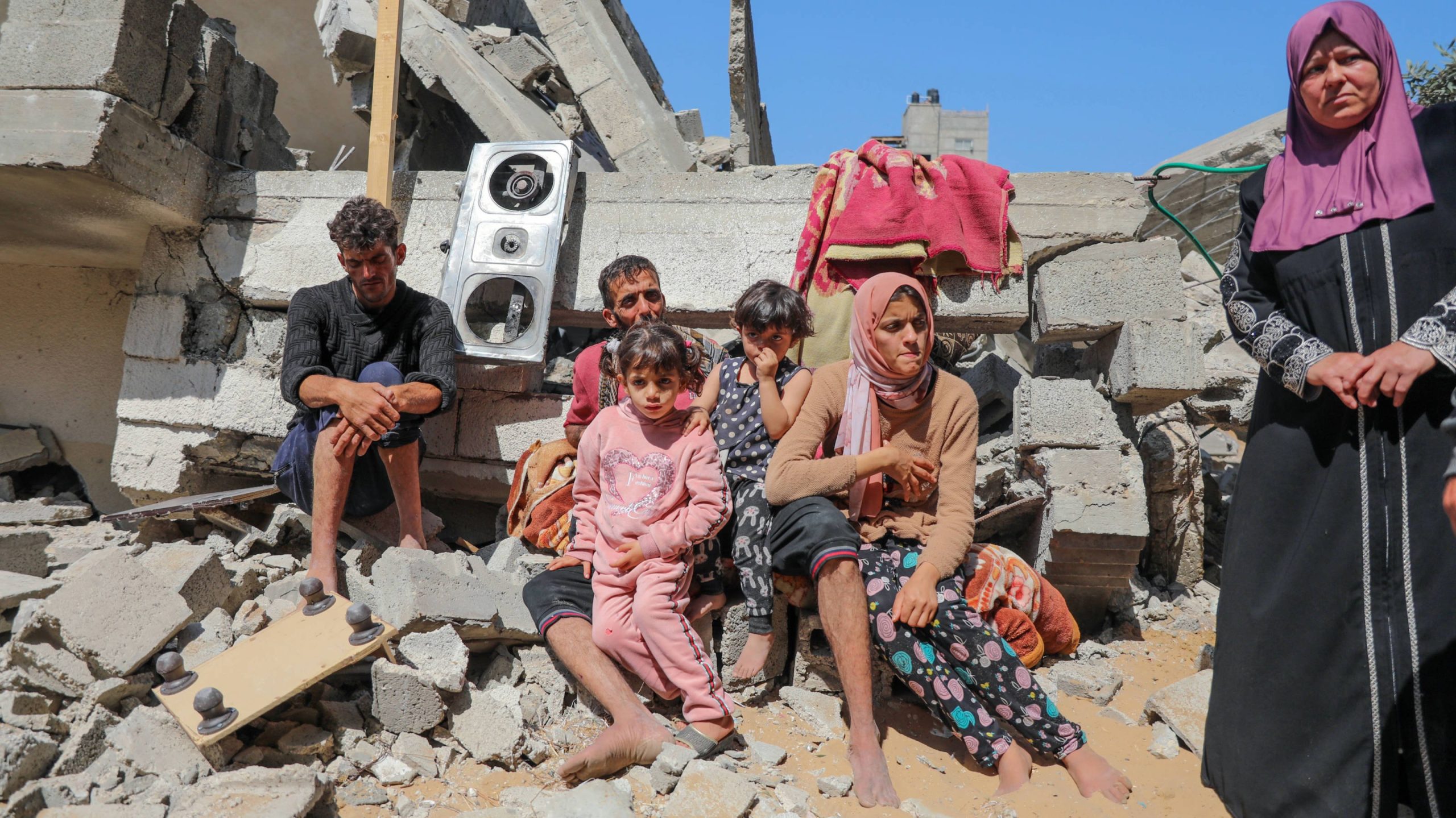Israeli Defense Chief Yoav Gallant told White House National Security Adviser Jake Sullivan that the fight against Hamas in the Gaza Strip will last for several months. Gallant pointed out that Hamas built a lot of infrastructure, both underground and above ground, over a period of ten years, which means that it will take a long time to take down. His determination to win was clear when he said, “We will triumph, and we will destroy them.”

Challenges in the Gaza Conflict
As the Israel-Hamas conflict enters its third month, Israeli forces continue targeted airstrikes in Gaza. The discussions between Gallant and Sullivan included addressing the displacement of tens of thousands of Israelis near the Lebanon border due to clashes with Iran-backed Hezbollah.
The focus on minimizing Palestinian civilian casualties emerged as Israeli forces executed additional airstrikes in Gaza. Sullivan’s talks in Israel aim to explore more precise military operations to address concerns about the increasing number of civilian deaths.
Among the topics discussed was the urgent need for Israel to allow humanitarian aid through the Kerem Shalom crossing into Gaza. Efforts are underway to expand aid channels beyond the Rafah crossing, with recent inspections at Kerem Shalom, although current aid still funnels through Rafah.
READ ALSO: Israeli Defense Chief: It Will Take Months to Defeat Hamas in Gaza
Broader Regional Implications
Sullivan’s prior discussions in Saudi Arabia centered on fostering conditions for enduring peace between Israelis and Palestinians. Efforts to enhance humanitarian aid flow to Gaza were also on the agenda, reflecting regional concerns beyond the immediate conflict.
While reaffirming support for Israel’s response to the Hamas attack, the U.S. administration has voiced concerns about civilian casualties. The conflict’s toll is substantial, with over 18,600 reported casualties, predominantly women and children, according to the Hamas-run health ministry.
The war’s impact on the Gaza population includes nearly 1.9 million people displaced and residing in overcrowded shelters, raising humanitarian challenges. The situation has regional implications, manifesting in wider tensions and incidents such as the recent Houthi attacks in the Red Sea.
READ ALSO: Israel-Hamas War Brings Controversy to US Campuses























